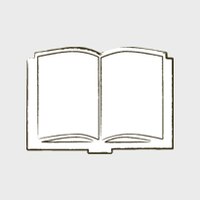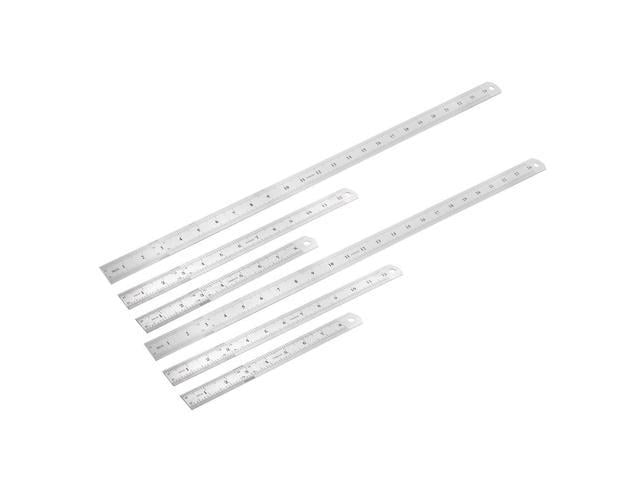This book will examine educational assessment in the rapidly changing and global world of the 21st century. Assessment has always been a key focus of educational policy, research and practice throughout the world, with the field often represented as contested. While traditional issues of validity and reliability continue to have high salience, there is a myriad of issues that are also pressing for educational assessment on the international scene. These include: assessment, the law and accountability; the value of testing for international benchmarking and public reporting; assessment practices that take account of cultural and social diversity; assessment practices that go beyond traditional paper and pencil tests to include other modes; assessment and technological innovation; the matter of what counts as authentic assessment, especially in relation to professional and vocational education; and, assessment issues relating to inclusion and disabilities. Two major factors have informed this book. First, it has arisen from the clear and growing press for education accountability and measurement initiatives, reflected in the prominence given in many countries throughout the world to large-scale testing and reporting initiatives. This is not a stand-alone force, however, in the education and assessment fields. Also evident are strong moves in some countries to endorse alternative modes of assessment beyond traditional pencil and paper tests, and in developing teachers’’ assessment capabilities. These radically different directions in research inevitably make competing demands on education researchers, as well as those involved in policy and practice. It is timely therefore for a book to bring together cutting edge research papers and theoretical papers that open out and explore the ways forward for assessment in a new century characterised by an unprecedented change and growth in knowledge. Second, in our previous research and publications, we have applied a multidisciplinary and multitheoretical approach in our work. Our aim for this book is for it to be encompassing of different disciplines that will inform the methodologies and approaches underlying different theoretical understandings about assessment. A multitheoretical approach to education research has been previously advocated (see Beach, Green, Kamil and Shanahan, 1991, and more recently, Green, Camilli and Elmore, 2006). Further, Cumming and Wyatt-Smith (2001) have previously adopted such an approach in a book on literacy education in the post-compulsory years of schooling. The proposed book would be the first time a multitheoretical approach to assessment has been explored. We believe that the value and need for such an approach is pressing in the field of assessment. The underlying position of this book is that the field of assessment research needs to move beyond the old notions of assessment for measurement and assessment learning, such notions working in part to maintain the longstanding distinction between objectivity and subjectivity. Instead, the field of assessment can now be characterised in terms of the myriad of 21st century issues that confront it and that call for public and scholarly scrutiny and discussion. The focus on assessment in the book will be to situate assessment in contexts and the research, policy and practice nexus for assessment in the 21st century, with impacts of changes such as technology, inclusive practices, cultural diversity, and learning for the workplace as well as accountability-driven reform. Individual authors will focus on contexts of, and purposes for, and practices in assessment using their preferred theoretical or paradigmatic approach.















